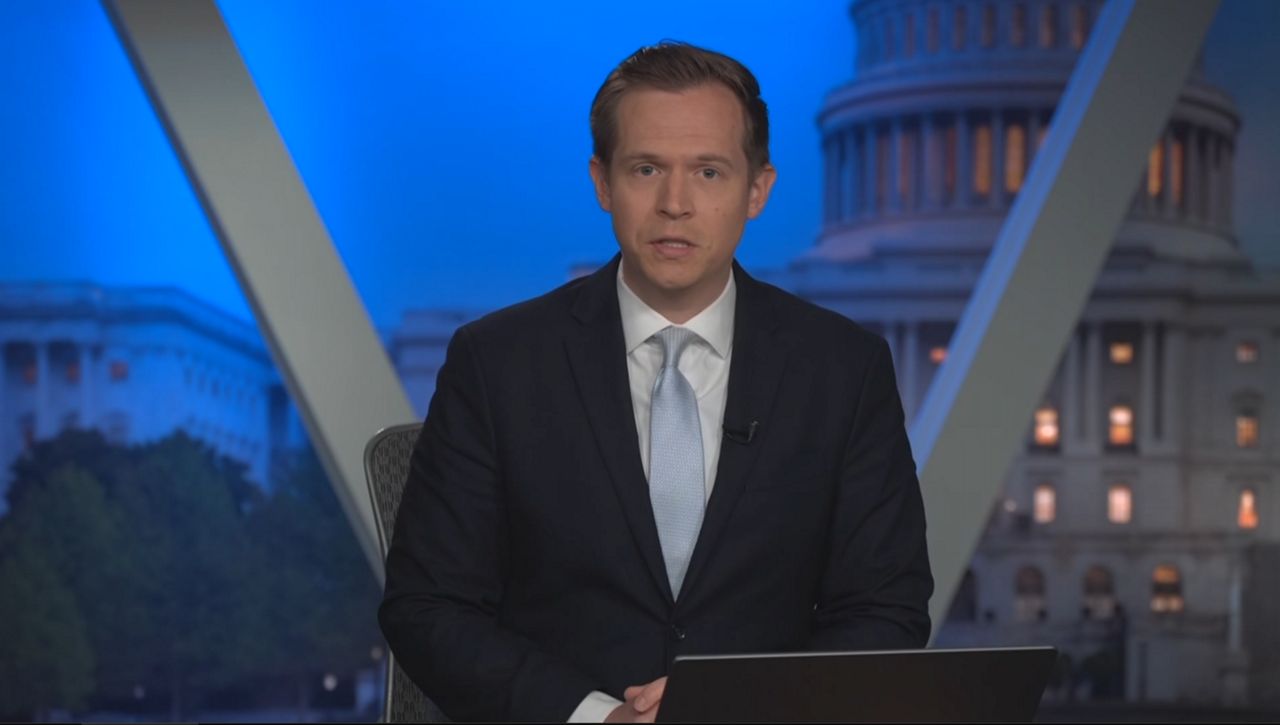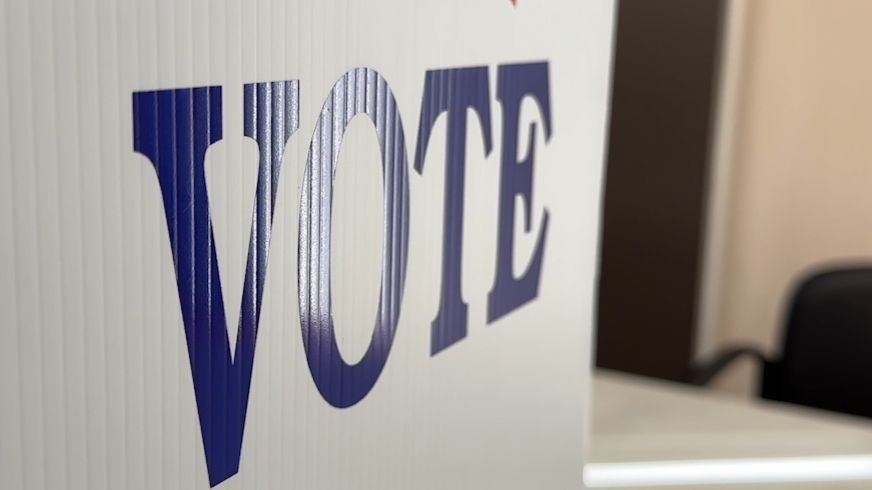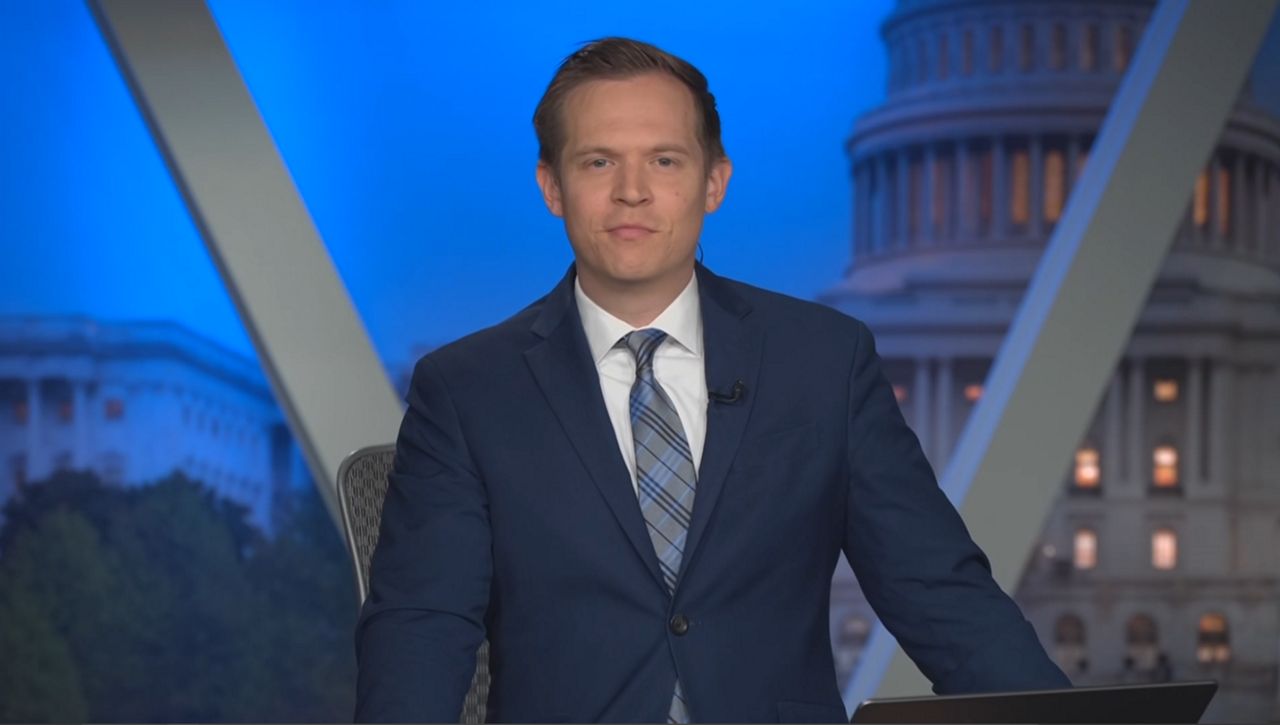The North Carolina Supreme Court decided Wednesday to delay the 2022 primary elections to May 17. The primaries had been scheduled for March.
The order comes in a case over redistricting, with the North Carolina League of Conservation Voters accusing the Republican-led General Assembly of approving gerrymandered maps.
The plaintiffs in the case say the electoral maps are unconstitutional because they disenfranchise minority voters.
"We are gratified the Supreme Court has stayed filing and moved the primary to allow our case to resolve fully and expeditiously. This will allow voters to be heard in court and to hopefully establish once and for all that our state constitution forbids partisan gerrymandering," said Carrie Clark, executive director of the League of Conservation Voters.
"We will continue going to bat for voters so they will vote under fair maps for elections next year and beyond. This is the only way our people will get a General Assembly and congressional delegation that protect every North Carolinian's right to clean air, clean water, and clean energy," she said.
The decision comes just days after filing began for the primary elections, in the same case that paused filing for Congress and General Assembly seats on Monday.
RELATED: Court reopens filing for General Assembly, Congress, after one-day pause
The order, released by the state Supreme Court at the end of the day Wednesday, again stops candidate filing while the case is decided.
The case will go back to Wake County court, where a three-judge panel will hold a trial. The ruling gives the Wake County judges until Jan. 11 to hear the case and make a ruling. The parties will be able to appeal that ruling directly to the state Supreme Court.
The ruling delays all primary elections, not just statewide and congressional contests.
If the court finds that the maps are unconstitutional, it could force the General Assembly to redraw the electoral maps for congressional and state legislative districts.
"I am deeply disappointed in the State Supreme Court's decision to halt and further delay our election process that is already underway," said North Carolina House Speaker Tim Moore, a Republican named as a defendant in the lawsuit.
"To throw this process into chaos in the middle of filing leaves North Carolinians with uncertainty ahead of the election. Despite this delay, we are confident that we will prevail at trial and our maps will stand," Moore said.
But Democrats applauded the ruling.
"Today’s order by the state Supreme Court restores faith in the rule of law and it is necessary for the Court to rule on the constitutionality of these unfair districts before the next election," Gov. Roy Cooper said.
In a joint statement, North Carolina's Democratic congressional delegation said, "North Carolinians deserve fair maps and fair elections, so we strongly support the decision of the state Supreme Court to delay the 2022 Primary Election. The right to vote is the most fundamental right in a democracy, but this sacred right requires fair, free and just elections. Today’s decision is another step on the path to justice.”
The delegation includes Rep. G.K. Butterfield. The longtime Democratic congressman for eastern North Carolina had earlier said he will not run for re-election because the new maps made his district much more difficult for a Democrat to get elected. The delegation also includes Reps. Alma Adams, David Price, Deborah Ross and Kathy Manning.
RELATED: Plaintiffs want N.C. Senate leader's son removed as justice in redistricting case
The lawsuit filed by the League of Conservation Voters and others is one of three cases challenging redistricting in North Carolina.
Every state goes through redistricting once a decade after new population numbers are released. North Carolina's redistricting efforts regularly end up in the courts.
The last time the state went through redistricting, the maps were at the center of a legal and political fight for most of the decade and courts ordered the maps redrawn several times, most recently in 2019.
The question is over unconstitutional gerrymandering, meaning drawing the maps to favor one political or racial group over another.









